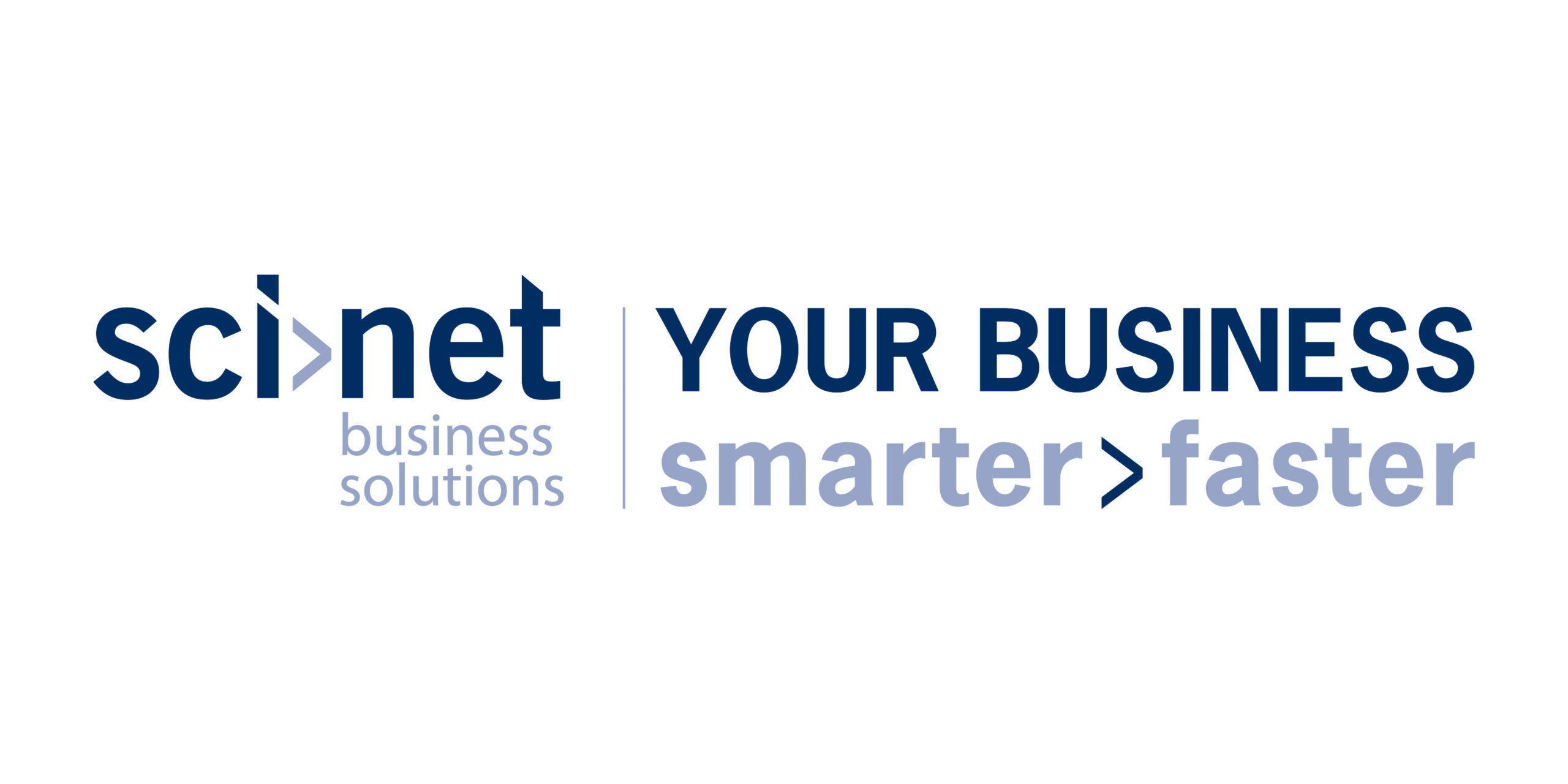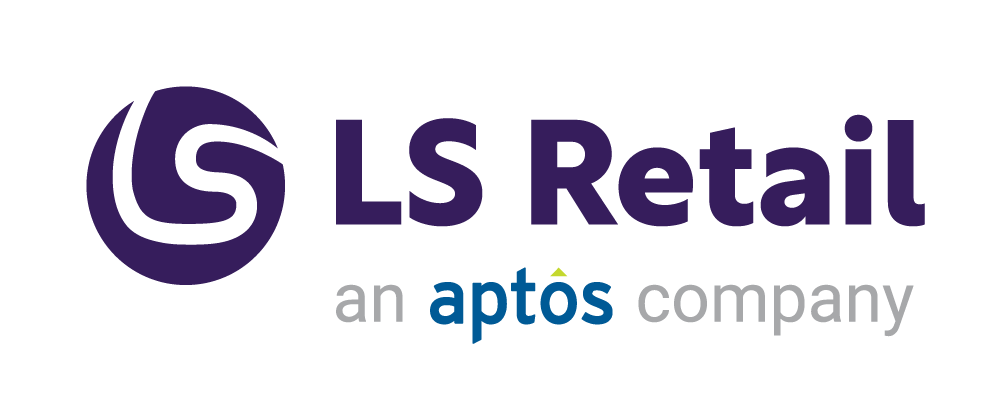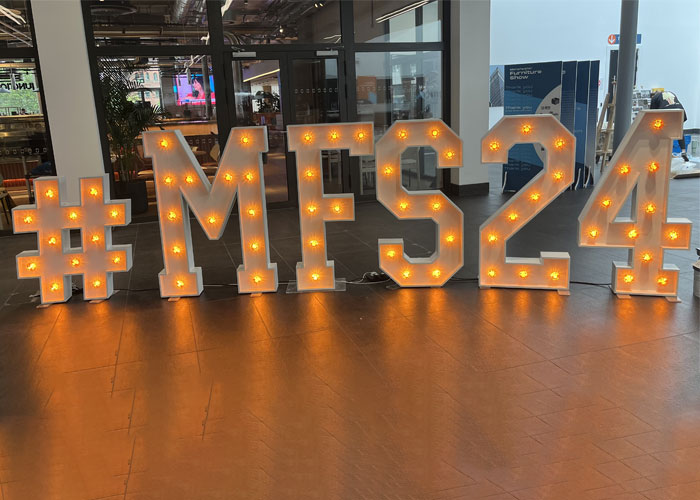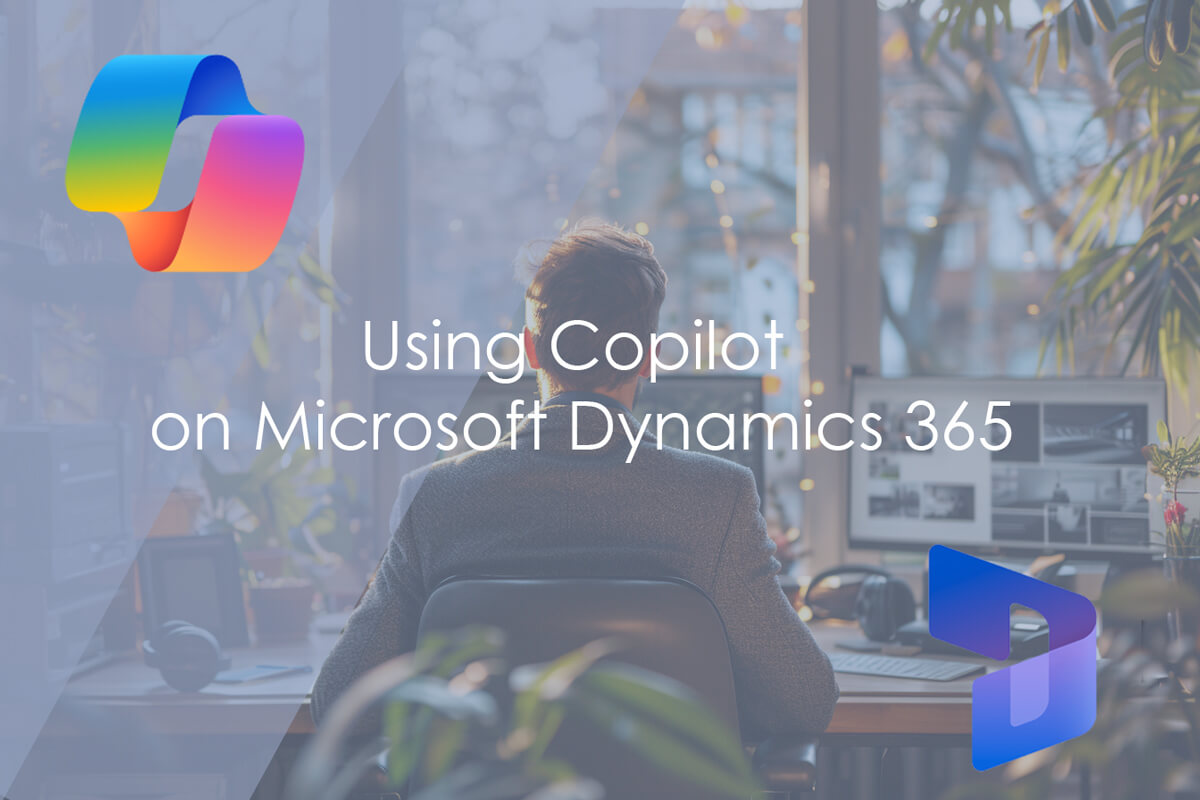We know how difficult it can be to find the right Enterprise Resource Planning system, as there are so many solutions. Each ERP product has its own benefits and features, which you may not know if you really need them. So the reason we have created this article is to help you make the best choice. We’ll cover the key features to look for, how to evaluate your needs, and steps to ensure a smooth implementation.
What exactly is ERP Retail Software?
ERP is a software system that integrates all the core functions of your company into a single, centralised platform. The functions include things like:
- Accounting
- Inventory management
- Sales
- Customer data
The main advantage of ERP for retailers is that it allows you to view and manage your entire business from one place. Instead of dealing with multiple disconnected systems, you’ll have a single system that automatically shares information across all departments.
Some of the key components of a retail ERP system include:
- Point-of-sale (POS) management
- Inventory tracking and replenishment
- Multichannel order processing
- Financial accounting and reporting
- Customer relationship management (CRM)
- Supplier and vendor management
Having all these capabilities in one place is game-changing for retailers who are ready to take their business to the next level. But choosing the right ERP system for your needs is crucial. Let’s look at how to do that.
Understand your business needs
For any growing retail business, it’s important to spot when is the right time to invest in an ERP system. Typically, a business needs to switch to an ERP system in 2 cases:
- You have around 5-10 locations. With multiple locations, it becomes much harder to manage inventory, share data, and maintain consistent processes across your business. An ERP helps bring all of that together into a centralised system.
- Your operations become more complex. If you’re selling through multiple channels like in-store, e-commerce, and wholesale – an ERP can streamline your order management, fulfilment, and reporting. The more moving parts you have, the more an integrated system becomes essential.
Once you decide on your needs, make a list of the important features your business requires in an ERP system. This might include things like:
- Advanced inventory tracking and replenishment
- Integrated point-of-sale (POS) system
- Robust financial accounting and reporting
- Multichannel order and customer management
- Business intelligence and data analytics
- Automated workflows and integrations
Prioritise the must-have capabilities that will have the biggest impact on your most pressing challenges.
Also, don’t forget to consider your budget for the software, a timeline of implementing the system, and plans for future growth of your business. This is very important because implementing an ERP system isn’t a cheap thing to do and it can require some time start using it using properly, as you may need to spend time training your employees to use it. So we recommend that you consider things like:
- Your current and projected IT/software budget
- The frame for when you need the ERP to be fully operational
- Ability to add new users, locations, or functionality as needed
By having a clear understanding of your business requirements, it will be much easier to make the right decisions.
Select the Right Retail ERP Solution
When it comes to choosing an ERP system for your retail business, you have two main options to consider: general ERP platforms or retail-specific ERP solutions.
General ERP systems are comprehensive software suites that cater to a wide range of industries, including retail. They often have a broader set of features that can be customised to meet your specific needs. The advantage is that you get an all-in-one system that covers all your core business functions.
The downside is that the out-of-the-box retail functionality may not be as useful or user-friendly as a system built exclusively for retailers. You may need to put more time and resources into configuring the ERP to work with your retail workflows.
On the other hand, retail-specific ERP solutions are designed from the ground up to address the main tasks of retailers. These systems typically have more streamlined, retail-focused features, like:
- Advanced multichannel order and inventory management
- Integrated point-of-sale (POS) capabilities
- Specialised retail accounting and reporting
- Automated warehouse and supply chain management
- Seamless e-commerce and CRM integrations
Regardless of which route you choose, be sure to evaluate the key features and functionality that are most important for your business. Look for things like:
- Robust inventory tracking and replenishment
- Ability to manage orders across all your sales channels
- Powerful financial management and business intelligence
- Customisable workflows and automation
- Integrations with your existing tech stack
Choosing the right ERP provider is a big decision, so take your time to think about all your options. The right system can be transformative for your retail business, so it’s worth getting it right. Besides, you obviously don’t want to make a choice that will require you to rework the entire system again.
Prepare for a Successful ERP Implementation
Implementing a new ERP system is a big step for any retail business. Here are the steps you will need to take to successfully implement it without any surprises.
First, prepare a cross-functional project team that includes representatives from IT, operations, finance, and other key stakeholders. This team will be responsible for setting the implementation goals and timeline to finish the project. Having different perspectives will help you anticipate and address any potential challenges.
You can also benefit from having a person who understands the project as well as how IT technologies work, or a great project manager. ERP implementations can be complex, so you’ll want an experienced person who can keep everything on track.
Beyond the project team, in 95% you’ll need some training for all ERP users that will be working with the system. Your vendor should provide thorough training materials and support, but you’ll also want to develop your own internal training program, or at least create clear instructions for using it.
Another key step is to think about a detailed data migration and integration plan. You’ll need to quickly transit the information from your existing systems into the ERP, whether that’s financial data, inventory records, customer information, or anything else. Having a solid plan in place will minimise any disruptions in your daily operations.
Finally, be sure to establish ongoing support and maintenance procedures with your ERP provider. Even after the initial implementation, you’ll likely need their help with things like software updates, troubleshooting, and customisations.
Final word
As you can see, selecting the right ERP system is crucial for the success and growth of your retail business. By thoroughly evaluating your needs, choosing the appropriate solution, and preparing for a smooth implementation, you’ll be well on your way to maximising the benefits of an integrated ERP platform.
At Sci-Net, we’ve helped countless retailers, just like you, transform their operations with our powerful ERP>Retail software. We provide a solution that is designed to seamlessly connect your e-commerce, point-of-sale, inventory management, accounting, and other critical functions into one centralised system. This allows you to gain real-time visibility, streamline workflows, and deliver an exceptional customer experience—all while positioning your business for long-term scalability.
If you’re ready to take your retail business to the next level, we’d be happy to show you how ERP>Retail can make it happen.
Contact us today to schedule a demo and see the power of our solution firsthand. With the right ERP solution in place, the sky’s the limit for what you can achieve!








